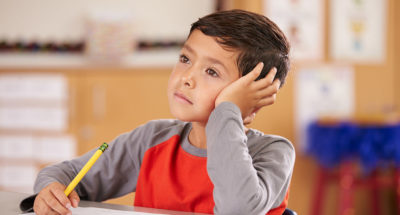
Reflecting on SEL Skills
Students are led in a debriefing conversation reflecting on SEL skills touched upon during the activity in which they have just participated.

Students are led in a debriefing conversation reflecting on SEL skills touched upon during the activity in which they have just participated.
Students will:
Take a moment to reflect on a SEL skill that you used today. What was the situation and which skill did you use? What went well? What might you change next time?
To help students make the connection between specific SEL skills and activities, it is recommended that educators facilitate a conversation using some of the prompts and questions below after the students have completed an activity related to a particular SEL skill they have previously been explicitly taught. Questions and prompts are to be used in a group setting.
Note: Depending on the range of academic abilities within a group, adaptations may need to be made so that everyone can participate.
Open Circle provides evidence-based social and emotional learning (SEL) curriculum and professional development for elementary schools. This innovative program proactively develops children’s skills for recognizing and managing emotions, empathy, positive relationships and problem solving. Open Circle helps schools build communities where students feel safe, cared for and engaged in learning. For more information please visit us at https://www.open-circle.org
How did students respond to this reflection practice? Do students demonstrate more awareness and practice of SEL skills both in and out of class, as a result?
Metacognitive reflection, or the ability to monitor and think deeply about one’s own thoughts and behavior, has been linked to the development of self-awareness, self-regulation, executive functions, and decision-making–all key SEL skills.
Researchers suggest that discussing our experiences with others might actually enhance our metacognition by unearthing our introspective blindspots. Indeed, one study found that humans are better at determining the causes of others’ behavior than their own. This sort of “social metacognition” can ultimately help us to develop a more accurate view of ourselves and the world.
Helping students make connections is a critical component in learning and applying SEL skills.
Taking just a few moments at the end of an activity to guide students through reflective thinking and discussion about their experience can deepen students’ understanding of SEL skills, and also reinforce the concept that SEL skills have relevance, use, and purpose outside of the classroom setting. In addition, these conversations can increase levels of trust, empathy, and an overall sense of community amongst group members.

Are you ready to build a kinder, happier school where everyone belongs? Join Greater Good Educators! Explore the science of well-being in a supportive community of educators from around the world. Registration is now open for the 2025-2026 school year!
Comments